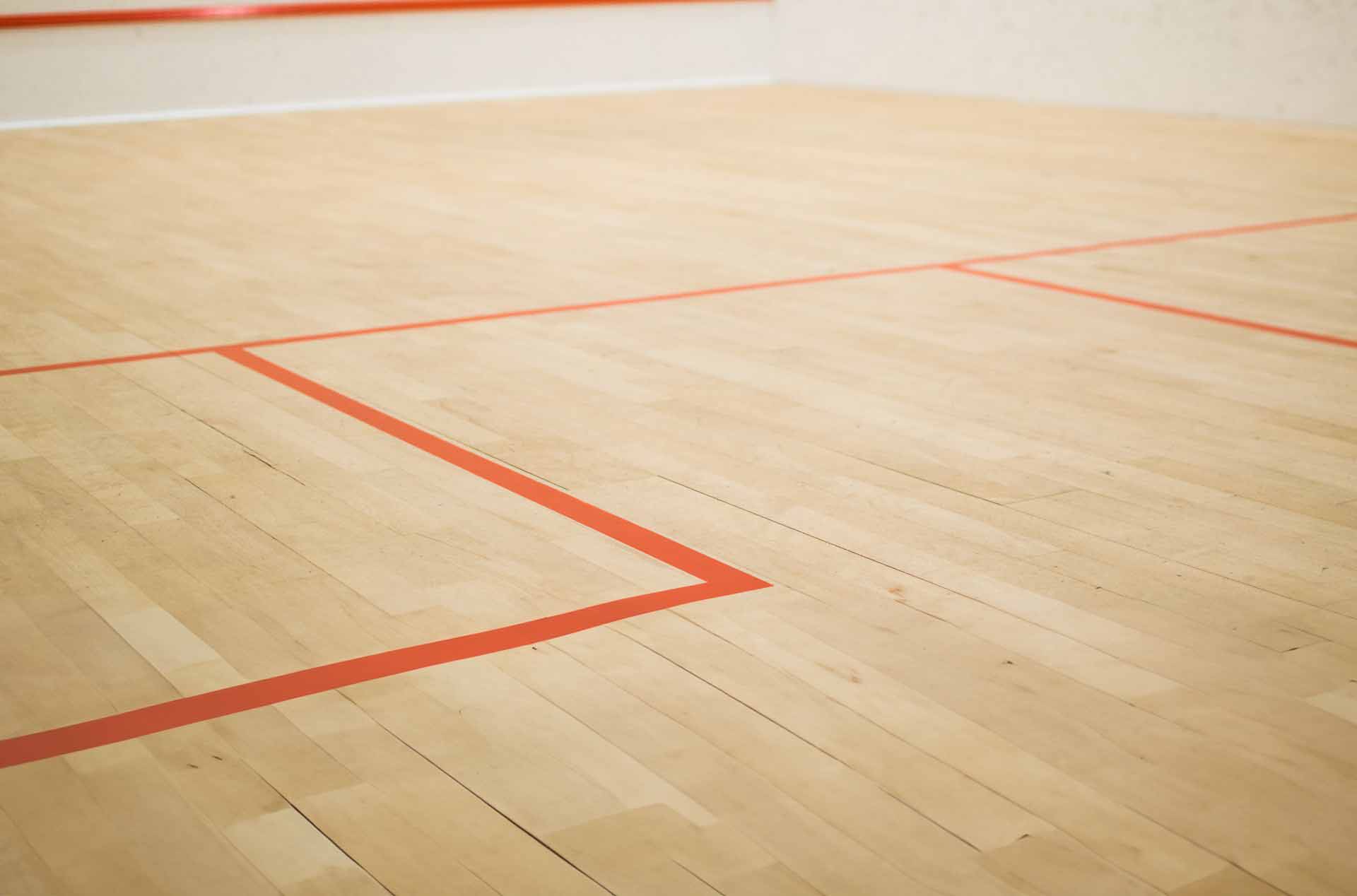Your cart is currently empty!
Reading Time:
2–3 minutes
Why do I have timing problems when I play squash?

There can be several factors that can affect your timing when playing squash. Here are seven common reasons for timing problems:
- Not keeping your eye on the ball. A simple tip for this is to spend some time focusing on hitting the ball on the downward fall after the bounce after it has arced. This exercise can help with “holding”, and it can also give you just a little bit more time to get positioned and gain your balance. Then you can also try this same exercise on hitting the ball as it is on its upward trajectory.
- Lack of focus: It is important to stay focused and mentally present during a squash match. If you are not fully engaged in the game, it can be difficult to anticipate your opponent’s shots and respond appropriately. Practicing mindfulness exercises off-court can help with this.
- Not being balanced during the shot: Many players tend to have the bad habit of stretching for the ball and this can throw off their timing because they might be catching the ball at the wrong time of their swing. The right position to be in for. swing is one where you are balanced. Balanced means, you are in a position where if someone were to give you a bit of a shove you wouldn’t lose your balance.
- Poor footwork. Squash is a fast-paced game that requires good footwork to move around the court and get into position to hit the ball. If your footwork is not up to par, it can be difficult to get to the right spot on the court to hit the ball with good timing.
- Incorrect court positioning: Proper positioning is key in squash. If you are too far forward or too far back, it can be difficult to hit the ball with good timing. This may take some trial and error, or consult a coach who will be able to see things that you cannot.
- Incorrect racket preparation: Your racket preparation, or the way you position your racket before hitting the ball, can greatly affect your timing. If you are not properly preparing your racket, it can be difficult to hit the ball with the right timing. To prepare your racquet, bring it up and ready to swing. It is common for new players to have their racquet down.
- Lack of practice: It may be obvious, but timing is a skill that improves with practice. If you are not practicing regularly, it can be difficult to develop good timing on the squash court. Try solo practices if possible or work with a partner. Practice hitting the ball at the same speed initially. Then increase or decrease speeds. When you feel you are getting the hang of it, try having your partner switch it up.
If you are experiencing timing problems when playing squash, it may be helpful to work on improving your focus, footwork, positioning, racket preparation, and practice habits. This can help you improve your timing and become a more consistent player.
by
Tags:
